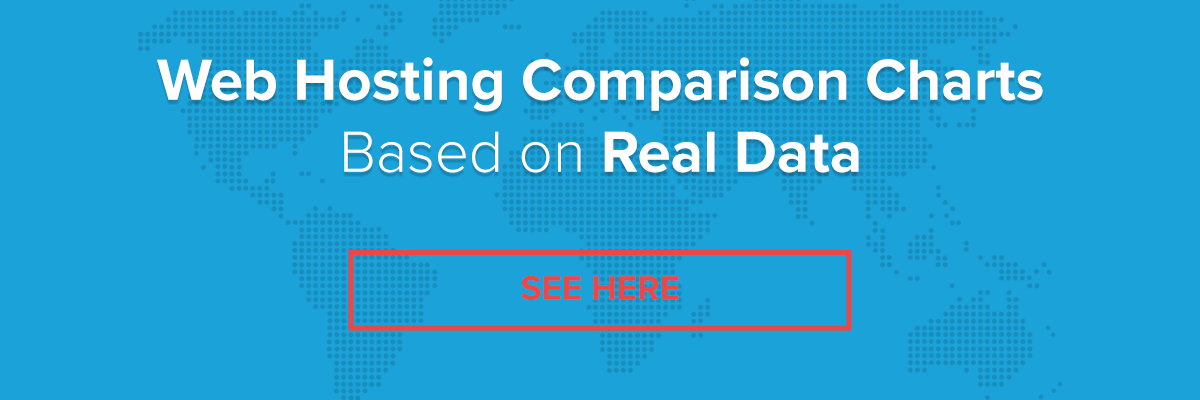After reading 5 Ways To Turn Off Customers (for Brick and Mortars) on smallbusinessnewz.com, I thought I would write my own version of this article using the same sub-headings applied to websites. The advice given in the original article is solid and can easily be adapted to online businesses.
1. Bad Location
While a “brick and mortar” outfit will have trouble in certain areas depending on competition and other factors, the same problem can occur if a website is not properly “located” when it comes to search engine findability, domain name, and hosting.
It’s sad to see that many businesses today still need to be reminded that free hosting packages, bad keyword density and poor choice in domain name can all have an effect on whether or not people stumble in during their online shopping. So website owners should invest the time, effort and money necessary to ensure their “location” on the web is suitable to staying competitive in their market.
2. High Prices
Due to the nature of the web, and an increase in online competition, it is harder for companies to markup prices exorbitantly. But sometimes overhead costs force prices to stay relatively high. Website owners should try to battle this by offering online promotions, coupons, returning-customer deals and other sales techniques that will make the high prices not seem so high in the long run.
3. Dirty Store
Yes, a website needs to be clean just as a brick and mortar store does. Make the investment to ensure your website’s code is standards-compliant, cross-browser friendly, and accessible to users with disabilities. Also, ensure your online business has easy-to-use site navigation by means of site maps, site search, and breadcrumb-friendly page structure.
4. Pushy Salespeople
Your web page’s content can be just as intimidating as a pushy in-person sales person. So hire a good copywriter and keep your pages friendly and informative. Don’t make the users feel that they are stupid if they don’t buy your product, and certainly don’t insult their intelligence. You can still tell them how important your product or service is by being tactful and insightful, and by displaying a good knowledge of the industry.
5. Poor Customer Service
Your website’s forms and shopping cart functionality should not alienate the user from your company. Site visitors should always feel that you or your representatives are available to help them at all times in case there is any problem, or if they have any questions. So make sure you provide a good FAQ page, a help section, a toll free number to call, and an easy to use contact form — and follow this up with a fast turn-around on all customer service and sales inquiries.
Brick and Mortar or Online — the Principles are the Same
So, if you have a standard “brick and mortar” business complemented with an online store or brochure website, follow the advice found in the original article for your brick and mortar, and apply some of these tips mentioned above for your online business and you’ll be sure to reap the benefits.



Nice writing. You are on my RSS reader now so I can read more from you down the road.
Allen Taylor
Agree with everything, save for the prices.
Different price ranges for different types of clients. If your shop looks, and offers services that are, similar to budget-oriented brick-and-mortar shops, then your prices should be budget oriented.
Very interesting article… I really like it! ;)
Ovi Dogar
AbsoluteCovers.com
This is not bad advice, unlike a lot I have come across.
Great read. The only thing is the pricing: I think it is great advice (and we are doing it with a few of our clients), but I think there is another issue: you pay for what you get.
We are increasing pricing and are getting more selective because otherwise, we are running a loss business on custom design & development. Doing a great job, is much more intense then it looks like.
I think we should also make this clear to our clients. In any other profession such as legal-people do not bargain. One has to pay the $300-$400/per hour because one wants the protection of a good lawyer. The same should apply to us-to create SEO friendly code, give business advice, design help, explaining the pro/con of certain technology. It is really not anymore a basement “let’s built your website” approach.
Instead of finding ways to help the customer to increase revenue, lower the cost-we do need to deal with professional standards if we discuss pricing.